ARPA-E awards $42M to 12 projects for advanced EV batteries; EVs4ALL program
Green Car Congress
JANUARY 11, 2023
ARPA-E selected the following 12 teams from universities, national laboratories and the private sector to address and remove key technology barriers to EV adoption by developing next-generation battery technologies: 24M Technologies will develop low-cost and fast-charging sodium metal batteries with good low-temperature performance for EVs.


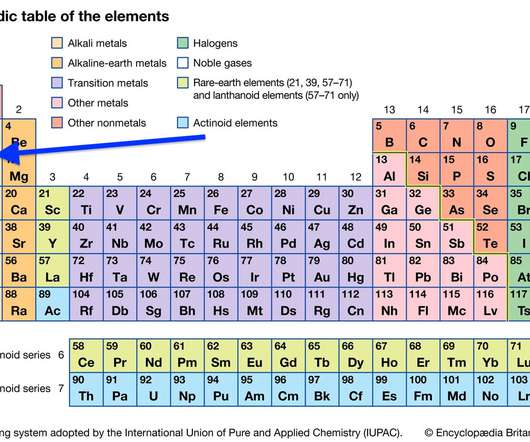

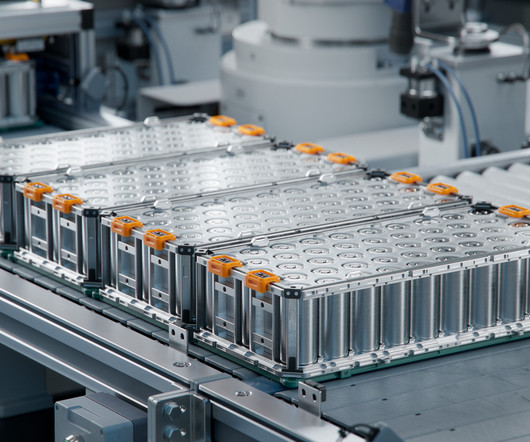




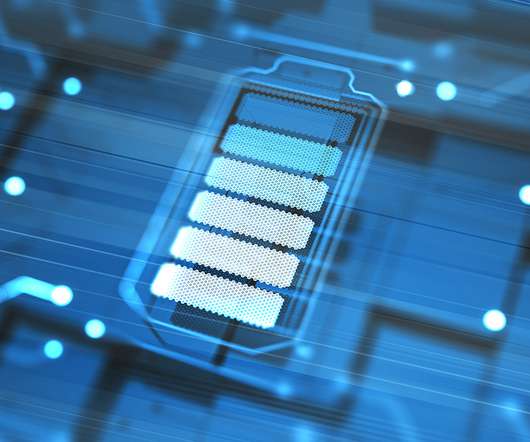







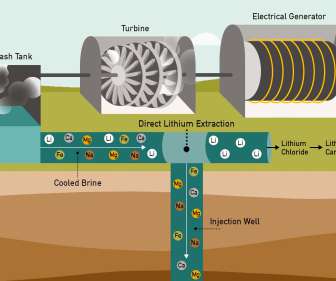



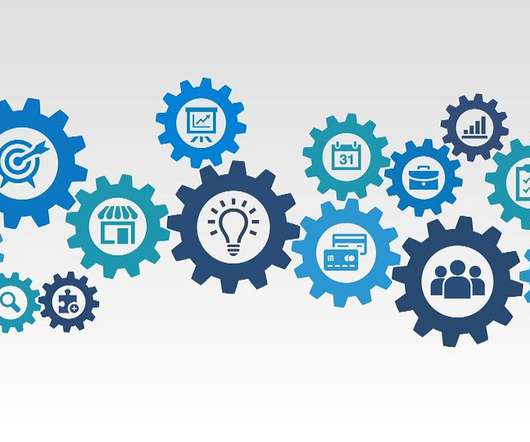


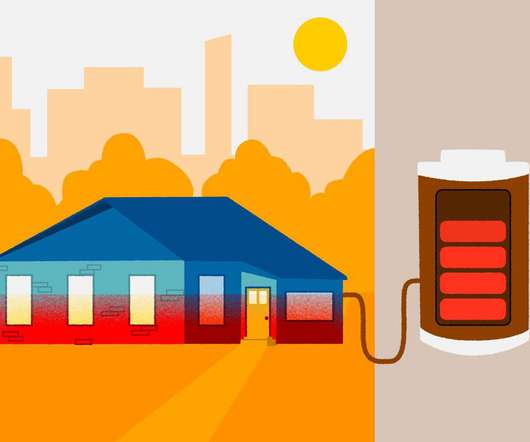

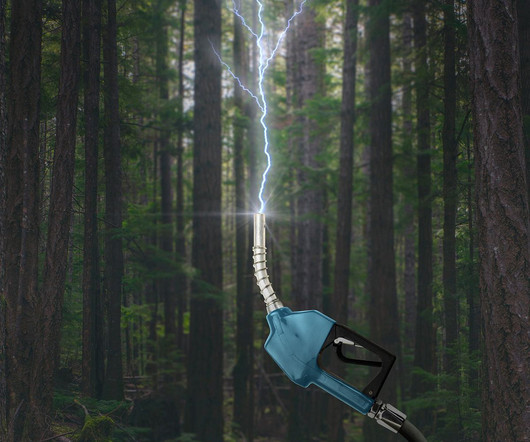










Let's personalize your content